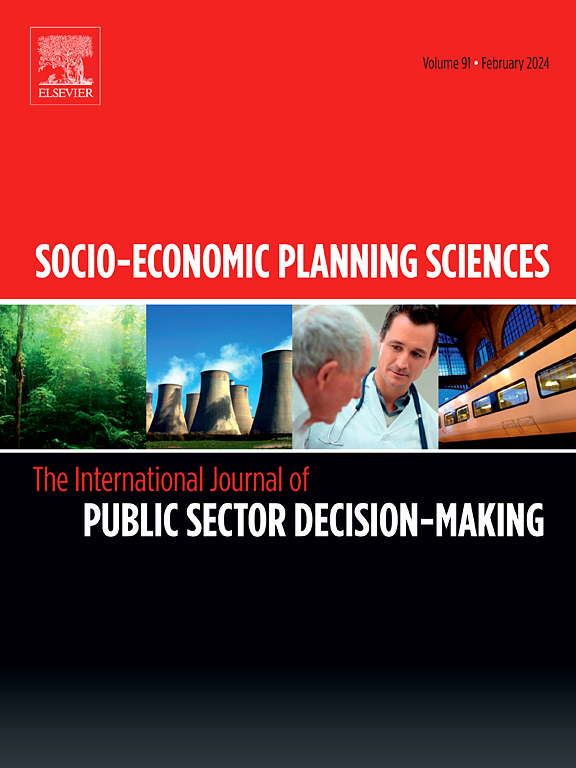Humanitarian logistics optimization models: An investigation of decision-maker involvement and directions to promote implementation
Abstract
Reports of successful implementation of humanitarian optimization models in the field are scarce. Incorporating real conditions and the perspective of decision-makers in the analysis is crucial to enhance the practical value and managerial implications. Although it is known that implementation can be hindered by the lack of practitioner input in the structure of the model, its priorities, and the practicality of solution times, the way these aspects have been introduced in humanitarian optimization models has not been investigated. This study looks at the way research has involved practitioners in different aspects of the design of optimization models to promote implementation. It investigates the aspects affecting the implementation of the models and opportunities to guide future optimization contributions. The article introduces a systematic literature review of 105 articles to answer the research questions. The results are contrasted with a multi-criteria decision analysis using responses from Mexican practitioners. The study found that only 10% of the articles involved practitioners for modelling decisions, which was confirmed by a major gap between the objectives used in the literature and the priorities of Mexican practitioners. In terms of swift decision-making, fewer than 22% of the articles surveyed introduced new solution methods to deliver results in a sensible time. The study also identified very limited inclusion of environmental concerns in the objective functions even though these are a priority in the global agenda. These findings are discussed to propose research directions and suggest best practices for future contributions to promote the implementation of humanitarian logistics models.

 求助内容:
求助内容: 应助结果提醒方式:
应助结果提醒方式:


